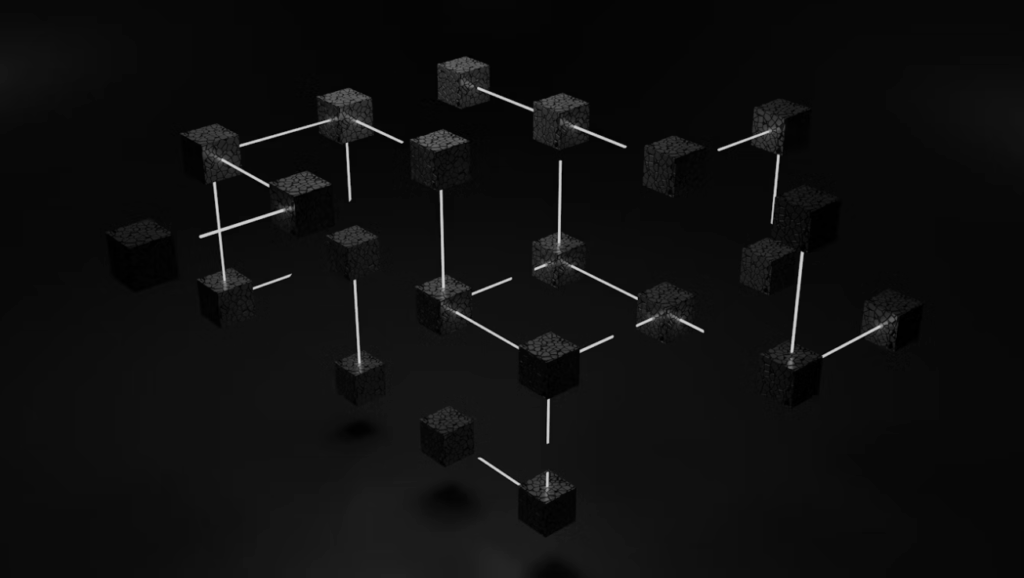Staking has become a fundamental component of many modern blockchain networks, serving as an alternative to energy-intensive mining. It is an integral part of consensus mechanisms based on Proof of Stake (PoS) and its variations. At its core, staking refers to the process of locking a certain amount of digital tokens in a network to support its operations, such as validating transactions and creating new blocks.
When users stake their tokens, they essentially become validators. Instead of competing to solve complex cryptographic puzzles as in Proof of Work, validators are chosen based on the size of their stake and other factors, such as the length of time tokens have been locked in the system. The underlying idea is simple: the more tokens a participant stakes, the greater their chance of being selected to validate transactions and earn rewards. This mechanism helps secure the network by incentivizing participants to act honestly.
One of the main advantages of staking is its energy efficiency compared to mining. Unlike Proof of Work, which requires significant computational power and electricity, Proof of Stake and its derivatives reduce energy consumption dramatically. This makes PoS-based networks more environmentally sustainable while maintaining strong security guarantees. Additionally, staking often allows users to participate in network governance, giving them a voice in decisions related to upgrades and protocol changes.
However, staking is not without risks. One potential risk is “slashing,” a penalty applied to validators who act maliciously or fail to stay online and perform their duties. Another concern is the possibility of token value fluctuations during the staking period, as staked assets are typically locked for a set duration. This means users cannot immediately withdraw or trade their tokens if market conditions change.
Overall, staking plays a crucial role in securing blockchain networks and ensuring their decentralization. It offers participants a way to contribute to the ecosystem and earn rewards while supporting sustainability and scalability. As blockchain adoption continues to grow, staking is likely to remain an essential feature of decentralized systems, fostering both trust and efficiency in the digital economy.

